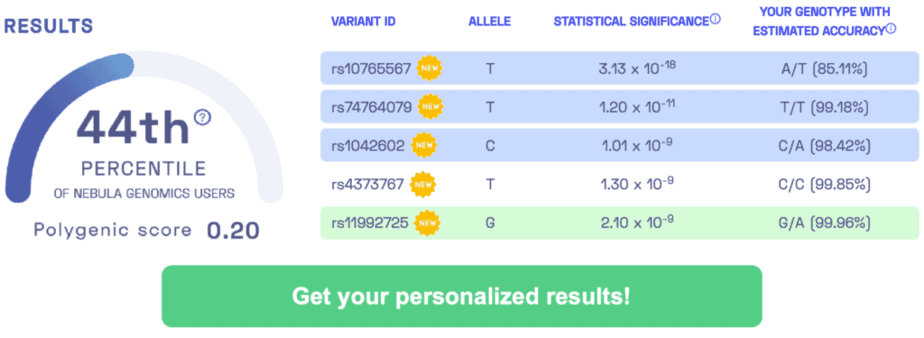STUDY TITLE: Genome-wide association study identifies locus at chromosome 2q32.1 associated with syncope (fainting) and collapse
SUMMARY: Genome-wide analysis reveals a novel genetic loci correlated with syncope, or fainting.
DESCRIPTION: Syncope, also known as fainting, is a temporary loss of consciousness. This common condition typically occurs when there is an insufficient flow of blood to the brain. Previous studies have suggested that syncope may be heritable, yet few genetic loci correlated to the condition have been identified. This study examined 408,961 individuals of European ancestry and found a variant near the ZNF804A gene that appears to correlate with an increased risk of syncope. While the exact function of this gene remains unknown, it appears to be primarily expressed in the blood vessels of the brain. Additionally, ZNF804A has previously been associated with multiple mental disorders, including schizophrenia and bipolar disorder.
DID YOU KNOW? Getting up slowly after sitting or lying-down and not skipping meals can help reduce the risk of fainting. If you have a history of fainting, knowing your triggers (such as fear, dehydration, or pain) can help prevent future episodes. [SOURCE]
SAMPLE RESULTS: Learn more about the Nebula Research Library.

SYNCOPE-ASSOCIATED VARIANTS: rs12465214
ADDITIONAL RESOURCES:
Syncope (Fainting)
What is Fainting and What Causes it?
WEEKLY UPDATE: September 26, 2019
